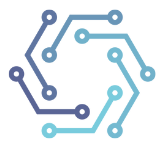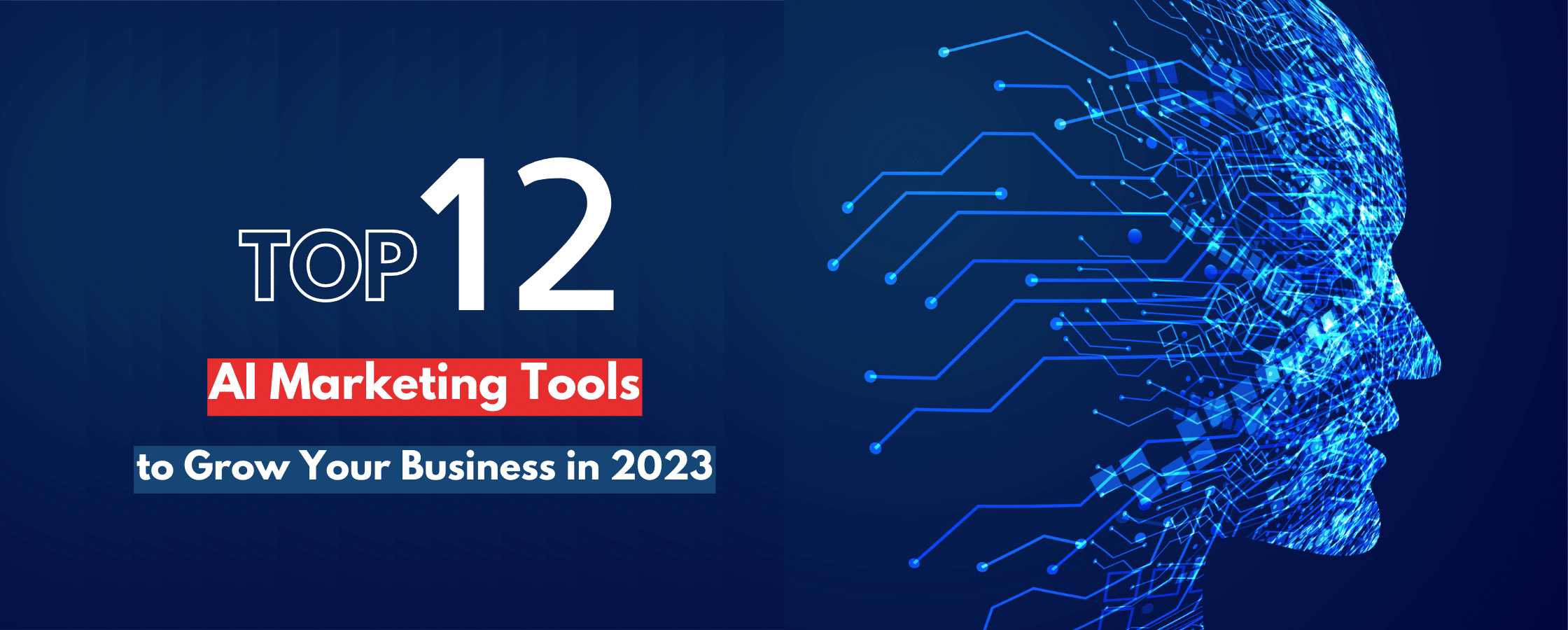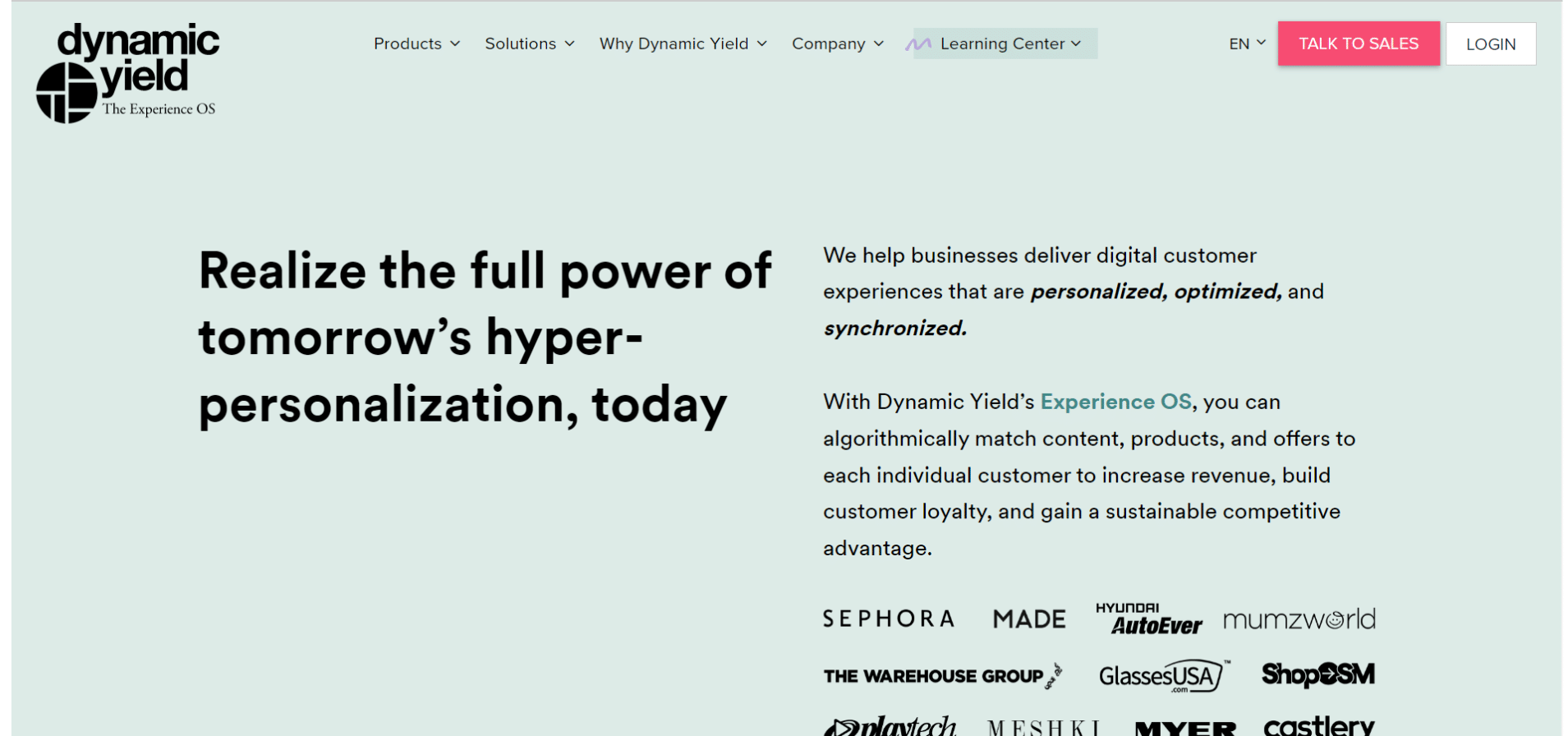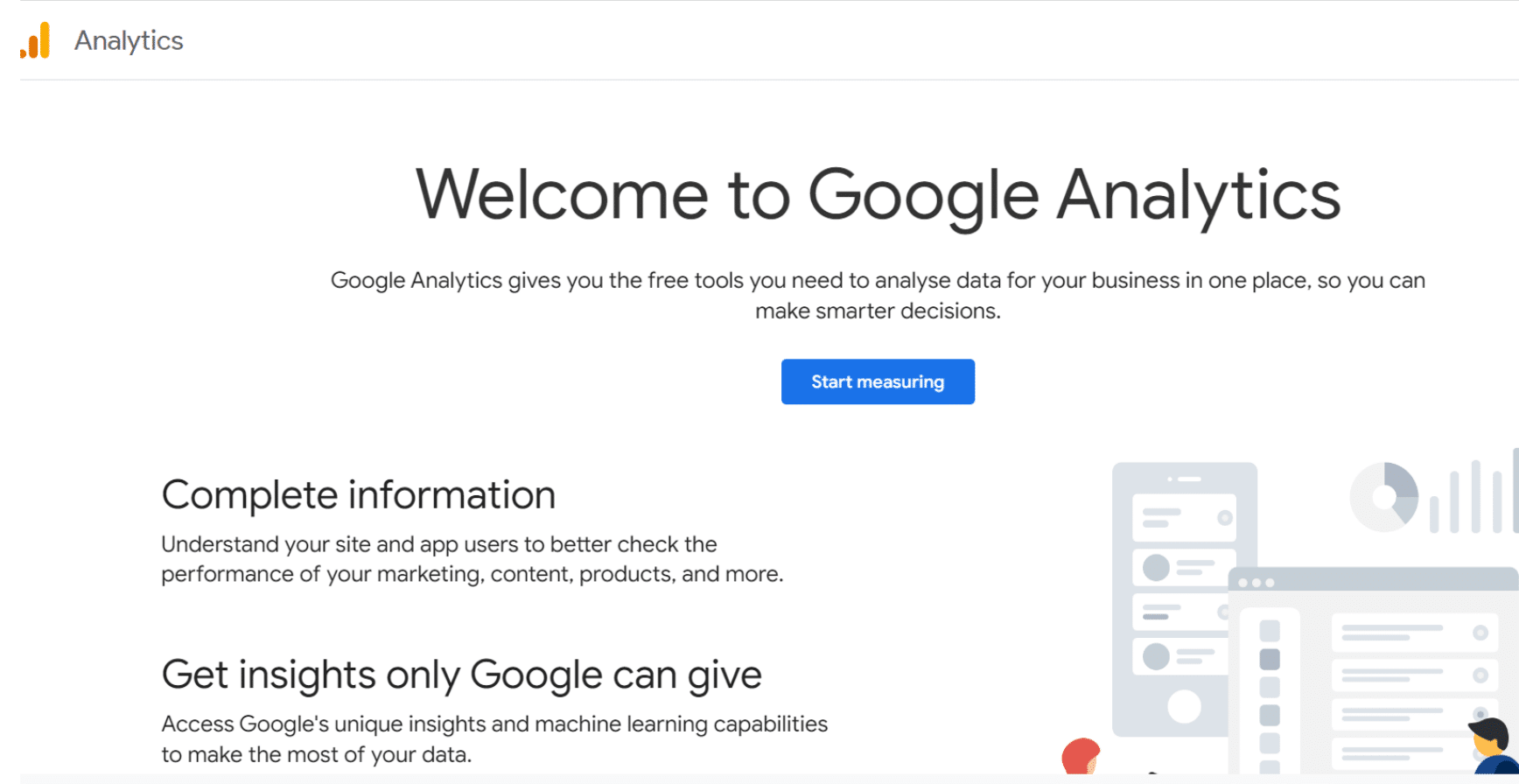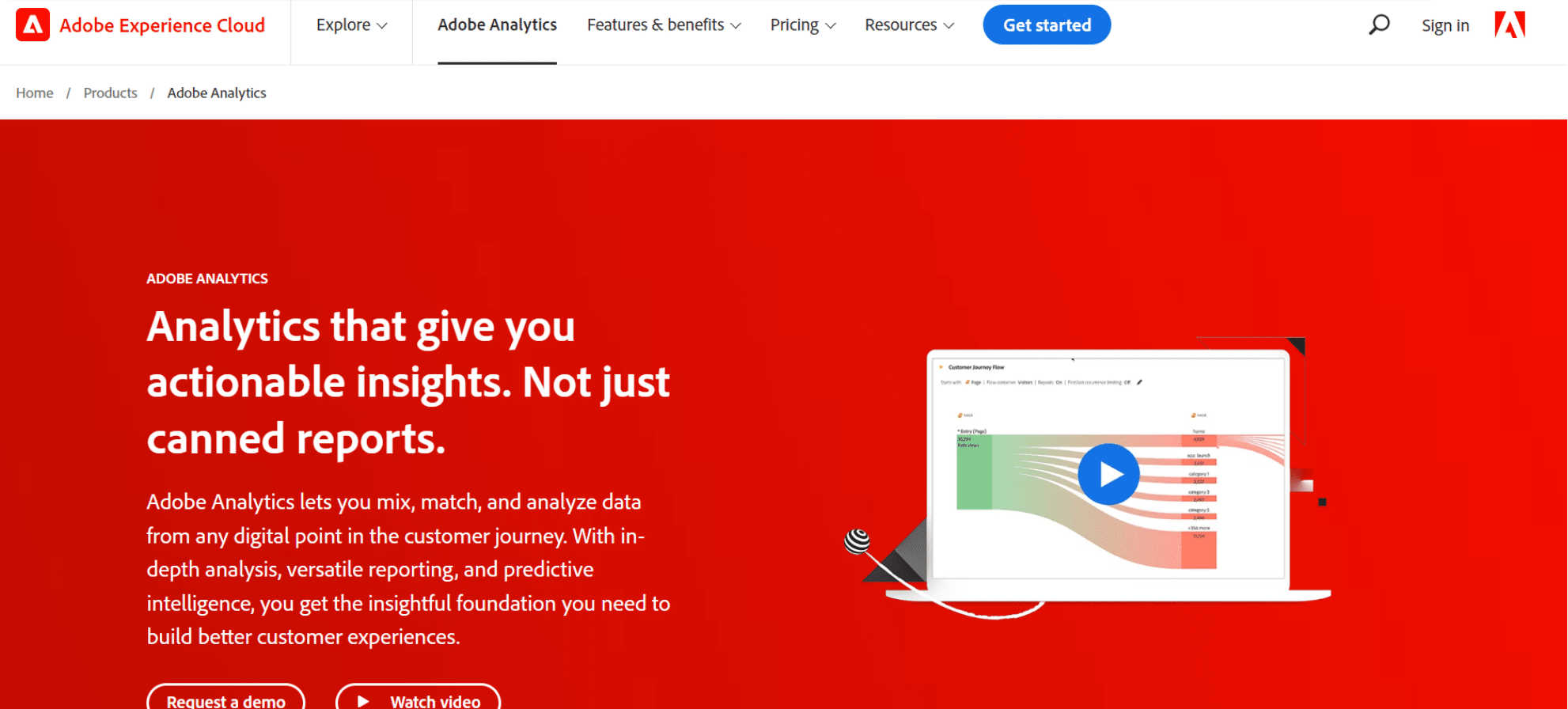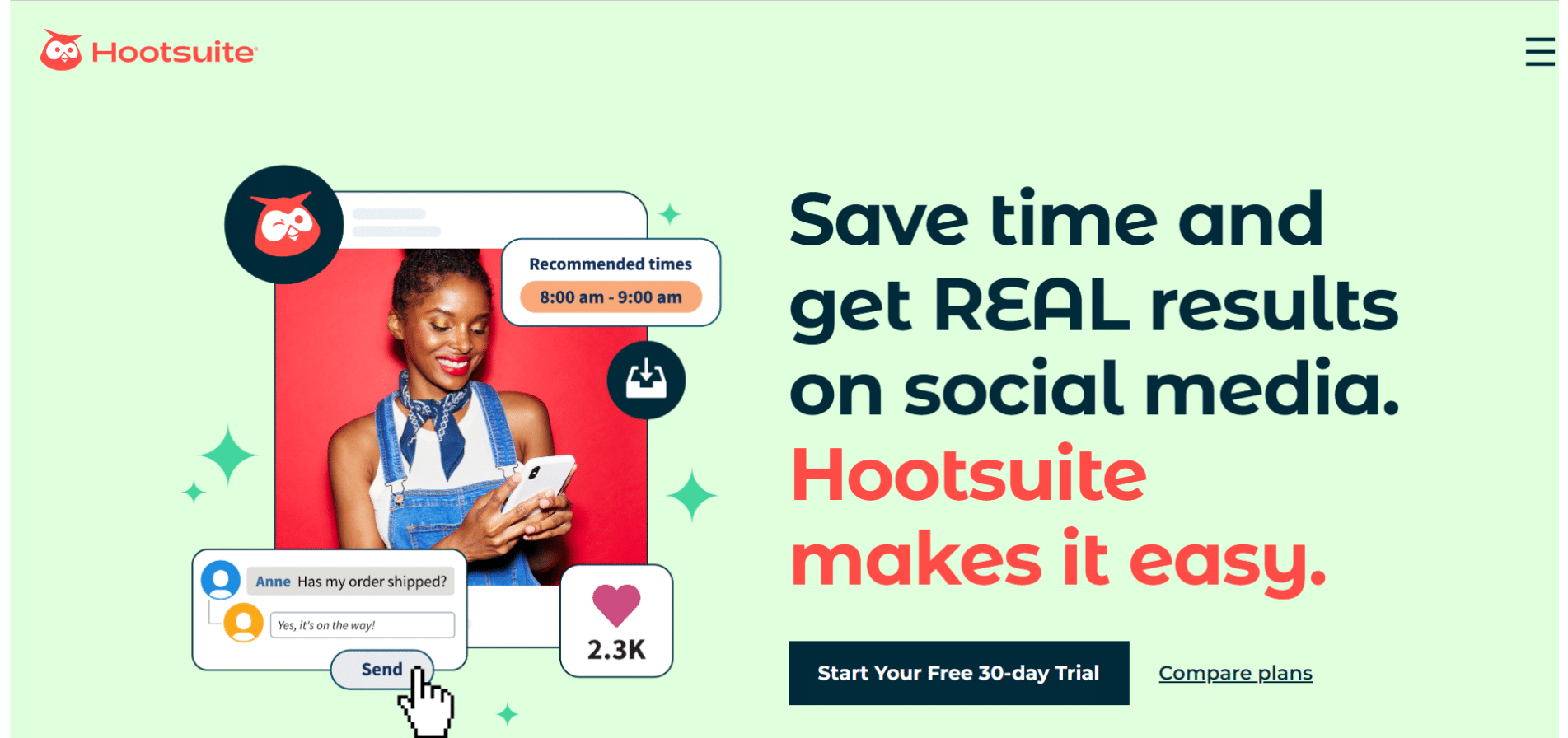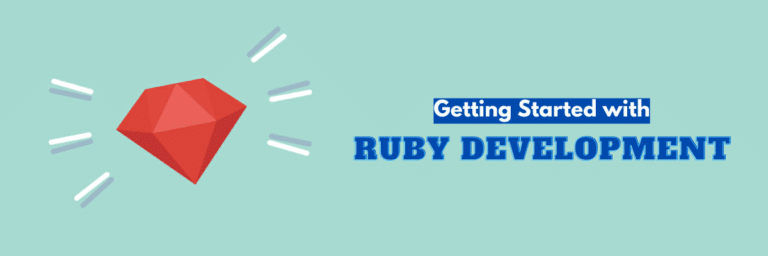Top 12 AI Marketing Tools to Grow Your Business in 2023
In recent years, the use of artificial intelligence (AI) in marketing has become increasingly prevalent, and for good reason. AI marketing tools can help businesses of all sizes to increase efficiency, personalize customer experiences, and make data-driven decisions.
As we move into 2023, the importance of AI marketing tools is only expected to grow. From personalization tools that help tailor the customer experience to chatbot tools that automate customer support, these AI marketing tools are designed to provide businesses with a competitive edge in the digital age.
In this article, we will explore the top AI marketing tools that businesses can leverage to grow their business in 2023.
We will also discuss the benefits of using AI marketing tools, the challenges and limitations that impact marketing efforts, and the future of AI marketing tools in the years to come.
Whether you’re a small business owner or a marketing professional, this article will provide valuable insights on how AI can help you achieve your marketing goals and drive business growth.
Table of Contents
- Personalization Tools
- Chatbot Tools
- Predictive Analytics Tools
- Content Creation Tools
- Benefits of Using AI Marketing Tools
- Challenges and Limitations of AI Marketing Tools
- Final Thoughts
- Frequently Asked Questions
Personalization Tools
Personalization has become a key strategy for businesses looking to improve customer engagement and drive revenue.
However, manually tailoring each customer’s experience can be time-consuming and impractical. That’s where personalization tools powered by AI come in. These tools use algorithms and machine learning to analyze customer data and provide personalized experiences in real time.
In this section, we will explore some of the top AI-powered personalization tools that businesses can use to enhance their marketing efforts in 2023.
From A/B testing tools to website optimization platforms, these personalization tools can help businesses provide customers with the experiences they crave while driving conversions and boosting revenue.
Segment
Segment is an AI-powered personalization tool that allows businesses to collect, unify, and analyze customer data in real time. By leveraging Segment, businesses can gain a deeper understanding of their customer’s behaviours, preferences, and needs. They can use that information to provide personalized experiences across channels.
With Segment, businesses can create tailored marketing campaigns, improve customer engagement, and increase conversions. The platform supports integrations with over 300 marketing and analytics tools. This makes it easy for businesses to leverage the power of AI without disrupting their existing workflows.
With its user-friendly interface and robust feature set, Segment is an excellent choice for businesses looking to harness the power of AI for personalization.
Dynamic Yield
Dynamic Yield is a personalization tool that uses machine learning algorithms to optimize and personalize user experiences on websites, mobile apps, and other digital channels. It allows businesses to deliver personalized content, recommendations and offers to customers in real time based on their browsing behaviour, demographics, and other factors.
Dynamic Yield offers a wide range of features, including A/B testing, personalized product recommendations, behavioural targeting, and automated optimization. It also integrates with a variety of third-party tools and platforms. This makes it a versatile solution for businesses looking to improve their digital marketing efforts.
Optimizely
Optimizely is an experimentation platform that allows businesses to test and optimize their digital experiences using A/B testing, personalization, and other techniques. It offers a wide range of features, including a drag-and-drop visual editor, behavioural targeting, multivariate testing, and machine learning-powered optimization.
With Optimizely, businesses can experiment with different variations of their website or mobile app. This can be done to determine which ones drive the most engagement and conversions.
It also integrates with a variety of third-party tools and platforms. This makes it a powerful solution for businesses looking to improve their digital marketing and customer experience efforts.
Chatbot Tools
Chatbots have become an increasingly popular tool for businesses looking to improve customer support, enhance engagement, and reduce costs. Powered by AI, chatbot tools can handle a range of customer inquiries and provide personalized responses in real time. This helps to free up staff to focus on more complex tasks.
In this section, we will explore some of the top AI-powered chatbot tools that businesses can use to improve customer service and drive engagement in 2023. From basic chatbots that handle simple inquiries to advanced virtual assistants that provide personalized recommendations, these chatbot tools can help businesses improve the customer experience while streamlining their operations.
Chatbot tools have the ability to handle large volumes of inquiries and provide personalized responses. Due to this, they are an excellent choice for businesses looking to leverage the power of AI for customer support.
Intercom
Intercom is a customer messaging platform that allows businesses to engage with their customers in real time through chatbots, live chat, and email.
It offers a range of features, including personalized messaging, triggered messages, automated workflows, and in-app messaging. Intercom provides businesses with valuable insights into customer behaviour and preferences, allowing them to deliver more relevant and personalized messages.
It also integrates with a variety of third-party tools and platforms. This makes it a versatile solution for businesses looking to improve their customer service and support efforts.
Tars
Tars is a conversational chatbot builder. It enables businesses to create custom chatbots for their websites or apps without coding skills. It offers a drag-and-drop interface that allows users to create conversational flows. They can also add text, images, and video content, and integrate with third-party tools.
Tars also provides analytics to track user behaviour and measure the effectiveness of the chatbot. With Tars, businesses can improve customer engagement and automate repetitive tasks, such as lead generation, appointment booking, and customer support.
It is a cost-effective and easy-to-use solution for businesses looking to incorporate chatbots into their digital marketing strategy.
Hubspot
HubSpot is a customer relationship management (CRM) platform that provides businesses with a range of tools for inbound marketing, sales, and customer service. It offers features such as lead management, email marketing, social media management, and analytics.
HubSpot also provides businesses with a customer data platform that allows them to gather insights about their customers’ behaviours, preferences, and needs. This enables businesses to provide more personalized and relevant content to their customers.
HubSpot integrates with a variety of third-party tools and platforms. This makes it a comprehensive solution for businesses looking to improve their digital marketing and customer engagement efforts.
Predictive Analytics Tools
Predictive analytics is the use of data, statistical algorithms, and machine learning techniques to identify the likelihood of future outcomes based on historical data. In the field of marketing, predictive analytics tools allow businesses to anticipate customer behaviour, identify potential trends, and forecast outcomes.
By analyzing data from multiple sources, including website analytics, social media, and customer demographics, predictive analytics tools can help businesses make informed decisions about their marketing strategies.
In this section, we will explore some of the top predictive analytics tools available for businesses.
Sisense
Sisense is a business intelligence (BI) platform that allows businesses to analyze and visualize their data in real time. It offers a range of features, including data integration, data modelling, and dashboard creation.
Sisense uses machine learning algorithms to provide businesses with predictive analytics, enabling them to forecast trends and make data-driven decisions. It also offers a customizable API that allows businesses to integrate Sisense with their existing systems and tools.
With Sisense, businesses can improve their own data collection and analysis capabilities. This can help to gain valuable insights that can help them make informed decisions and optimize their operations.
Google Analytics
Google Analytics is a web analytics service provided by Google. It allows businesses to track and analyze their website traffic and user behaviour. It provides businesses with insights into their customers’ demographics, interests, and behaviours. The tool also provides information on the effectiveness of their marketing campaigns.
Google Analytics offers a range of features, including real-time reporting, audience segmentation, and conversion tracking. It also integrates with other Google services. These include Google Ads and Google Search Console, providing businesses with a comprehensive view of their digital marketing efforts.
With Google Analytics, businesses can optimize their website and marketing strategies to improve their online presence and drive more traffic to their site.
Adobe Analytics
Adobe Analytics is a web analytics platform that provides businesses with insights into their website traffic and user behaviour. It offers a range of features, including real-time reporting, audience segmentation, and conversion tracking.
Adobe Analytics also provides businesses with predictive analytics capabilities, enabling them to forecast trends and make data-driven decisions. It integrates with other Adobe Marketing Cloud solutions. These include Adobe Experience Manager and Adobe Target. This provides businesses with a comprehensive view of their digital marketing efforts.
With Adobe Analytics, businesses can optimize their website and marketing strategies. This can help to improve their online presence and drive more traffic to their site.
Content Creation Tools
Content creation is a crucial aspect of any marketing strategy, as businesses strive to create engaging, informative, and visually appealing content to attract and retain customers.
With the proliferation of digital channels and the ever-increasing demand for fresh and innovative content, businesses must find ways to streamline their content creation processes and produce high-quality content at scale. In this section, we will explore some of the top content creation tools available for businesses in 2023.
These tools offer a range of features, from drag-and-drop design interfaces to AI-powered content creation and optimization, helping businesses to create compelling and impactful content that resonates with their target audience.
Canva
Canva is a graphic design platform that allows businesses to create and edit various types of visual content, including presentations, social media posts, and marketing materials. It offers a range of features, including a drag-and-drop design interface, a library of templates, images, and fonts, and the ability to collaborate with team members.
Canva also provides businesses with design suggestions based on their brand colours and style, as well as access to stock photos and illustrations. With Canva, businesses can create professional-looking designs without the need for extensive design skills or resources.
Hootsuite
Hootsuite is a social media management platform that allows businesses and organizations to manage their social media accounts from a single dashboard. With Hootsuite, users can schedule and publish content, engage with their followers, and analyze their social media performance.
Hootsuite supports a wide range of social media platforms, including Facebook, Twitter, Instagram, LinkedIn, and YouTube, making it a popular tool for businesses looking to streamline their social media management.
Lumen5
Lumen5 is a video creation platform that uses AI to automate the video creation process. Users can create videos from text, images, and video clips, with Lumen5’s AI technology automatically selecting visuals to match the text.
Lumen5 also provides a library of media assets, as well as tools for adding music, transitions, and other effects to videos. The platform is popular among marketers and content creators looking to quickly create engaging video content for social media and other digital channels.
Benefits of Using AI Marketing Tools
As technology continues to advance, more and more businesses are turning to AI marketing tools to improve their marketing strategies. AI marketing tools can automate tasks, analyze data, and even provide insights to help businesses make better decisions.
In this subheading, we will explore the various benefits that come with using AI marketing tools, including improved efficiency, better targeting, and increased ROI.
By understanding these benefits, businesses and marketing leaders can make informed decisions about whether to implement AI marketing tools in their own marketing strategies.
Enhanced Customer Experience
AI marketing tools can enhance the customer experience by personalizing interactions, automating customer service, and providing real-time recommendations based on customer behaviour, resulting in increased satisfaction and loyalty.
Improved Efficiency and Productivity
AI marketing tools can automate repetitive tasks, streamline workflows, and provide data-driven insights, allowing businesses to work more efficiently and productively, freeing up time for more strategic tasks.
Data-driven Decision Making
AI marketing tools provide businesses with access to vast amounts of data, which can be analyzed using predictive analytics to identify patterns and trends, enabling data-driven decision-making for more effective marketing strategies.
Increased ROI
By improving the efficiency and effectiveness of marketing campaigns, AI marketing tools can increase ROI by reducing costs, increasing revenue, and improving customer satisfaction, engagement and retention.
Challenges and Limitations of AI Marketing Tools
While AI-powered marketing tools offer many benefits, there are also challenges and limitations to consider. One of the main challenges is the risk of data privacy breaches and cybersecurity threats, as these tools collect and analyze large amounts of customer data.
Another limitation is the need for skilled professionals to implement and manage these tools, as they require a deep understanding of AI and data analysis.
Additionally, there is a risk of overreliance on AI, leading to a lack of creativity and human connection in marketing efforts. Understanding these challenges and limitations is essential for businesses looking to leverage AI-powered marketing tools effectively.
Limited Customization
One limitation of AI marketing tools is that they may be limited in their ability to provide customized solutions to individual businesses due to their reliance on pre-programmed algorithms and models.
Predefined templates and styles may not fit a company’s specific needs, resulting in less impactful or less effective campaigns.
High Implementation Cost
While AI marketing tools can provide significant benefits to businesses, their implementation can come with a high cost. This is because implementing AI technology often requires specialized knowledge and expertise, as well as investment in hardware and software infrastructure.
Additionally, ongoing maintenance and updates can also add to the overall cost of marketing operations. As a result, the cost of implementing AI marketing tools can be a significant barrier for smaller businesses or those with limited budgets.
Risk of Data Privacy Breaches
The use of AI marketing tools can also present a risk of data privacy breaches. This is because these tools rely on large amounts of data to function, and if all that data is not properly secured, it can be vulnerable to cyber attacks or data breaches.
Additionally, there is the risk that personal or sensitive information may be inadvertently shared or used in a way that violates privacy regulations.
Final Thoughts
In conclusion, AI-powered marketing tools offer numerous benefits for businesses looking to grow and improve their marketing strategies.
Personalization tools like Dynamic Yield and Optimizely allow businesses to create highly targeted and engaging campaigns, while chatbot tools like Intercom and Tars enable businesses to provide superior customer service and support.
Predictive analytics tools like Sisense, Google Analytics, and Adobe Analytics provide valuable insights into customer behaviour and campaign performance, while content creation tools like Canva, Hootsuite, and Lumen5 streamline workflows and improve productivity.
While these tools offer many benefits, businesses must also be aware of the challenges and limitations they pose, including the risk of data privacy breaches, high implementation costs, and the need for skilled professionals to manage them effectively.
By carefully evaluating these factors and implementing AI-powered marketing tools strategically, businesses can leverage these tools to achieve their marketing goals and drive growth in 2023 and beyond.
Also, do consider checking out our other blogs – Boost Your Content Creation Game with These Top Writing Tools in 2023
Frequently Asked Questions
How is AI used in marketing?
AI is used in marketing to analyze large amounts of customer data and behavior, personalize content and recommendations, optimize campaigns, and automate processes like customer service and lead generation.
How legit is AI marketing?
AI marketing is a legitimate and effective approach to marketing, as it allows for data-driven decision making, personalized targeting, and improved customer experiences. However, like any technology, it is important to use AI responsibly and ethically.
How profitable is AI marketing?
AI marketing can be very profitable when implemented correctly. By improving targeting, personalization, and automation, it can lead to increased conversions, customer loyalty, and cost savings. However, success depends on the specific strategies and tools used.
How AI is used in digital marketing?
AI is used in digital marketing to analyze data and consumer behavior, personalize content and recommendations, optimize ad targeting and bidding, automate customer service and lead generation, and improve overall campaign performance and ROI.
What is an AI marketing tool?
An AI marketing tool is software that uses artificial intelligence and machine learning to automate, optimize, or improve various aspects of digital marketing, such as lead generation, customer service, ad targeting, personalization, and analytics. Examples include chatbots, predictive analytics, and programmatic advertising platforms.
Does AI marketing actually work?
Yes, AI marketing can be highly effective when used properly. By using data-driven insights to optimize campaigns, automate processes, and deliver personalized experiences, AI can lead to increased conversions, customer loyalty, and cost savings. However, it requires careful implementation and monitoring.
What is an example of using AI in marketing?
One example of using AI in marketing is personalized product recommendations. E-commerce platforms like Amazon use AI algorithms to analyze customer data and browsing behavior to recommend products that the customer is most likely to be interested in. This can improve customer experience and increase sales for the platform.
Is AI the future of marketing?
Yes, AI is already playing a significant role in marketing and is expected to become even more prevalent in the future. With the ability to analyze vast amounts of data and deliver personalized experiences, AI can help companies improve customer engagement, conversions, and overall ROI.
What is new AI technology in marketing?
New AI technology in marketing includes natural language processing (NLP) for chatbots and voice assistants, image and video recognition for personalized content, predictive analytics for customer behavior forecasting, and advanced programmatic advertising platforms for ad targeting and optimization.
